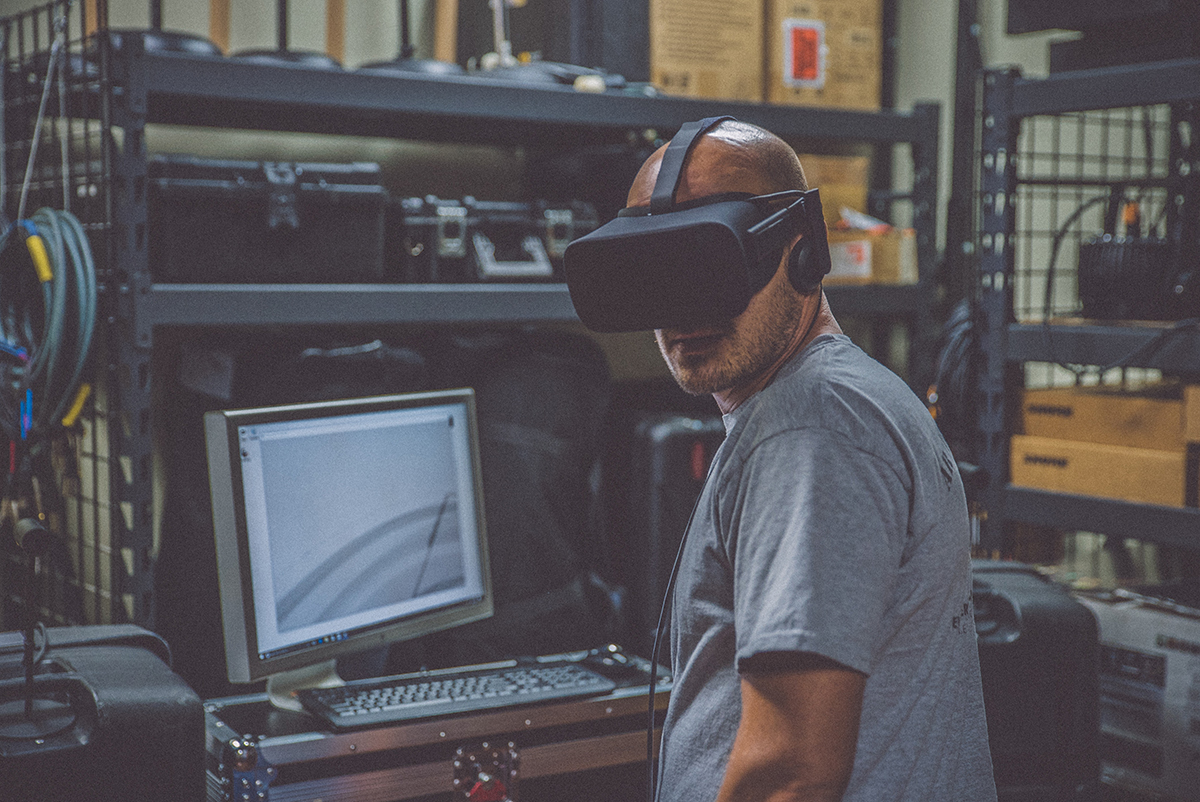How do most people respond when asked about the purpose of a college education? Just under half of the public (47%) says that the main purpose of a college education is to teach work-related skills and knowledge. Another 39%, however, says that college is an opportunity for students to grow personally and intellectually. A little more than one in ten (12%) say the time spent at college should be dedicated to both pursuits. At Sterling College, the consensus of the faculty is assuredly with the latter. This has never been truer than when discussing the subject of virtual reality content production.
Employment opportunities in VR have grown 400% since 2016 in areas like content creation and coding, but there are many more VR job titles out there than just as software and hardware developers. Over the past 6 months I have gone from seeing architecture and design firms who a year ago had barely heard of VR, to seeing those same firms having at least one employee with “VR” in their title. This sudden shift in technology has been tough on most colleges. As a faculty member it can be difficult to develop a course that prepares students for a job that doesn’t yet exist. It is for this reason that providing opportunity for students to grow personally and intellectually is so important.

We are in the midst of a really interesting time in media technology which is similar to when we transitioned from radio to the visual screens (e.g. TV) when a new language of visual communication was still developing. So—how do you break it all down? How does one become comfortable with VR in the workplace? This is simple! Finding a career and education in VR can go far beyond simply the technology; it’s really about telling stories in new ways. It will impact future careers in design, imaging, software, hardware, marketing and sales, as well as communications, film making and likely several others that we haven’t thought about yet.
Sterling College has designed cutting edge Creative Technology Diploma programs that are very much centered around this forward-thinking way of developing a student’s ability to adapt to an ever-changing landscape of technology in new creative ways.
Will Maher, Academic Director of Creative Technologies







